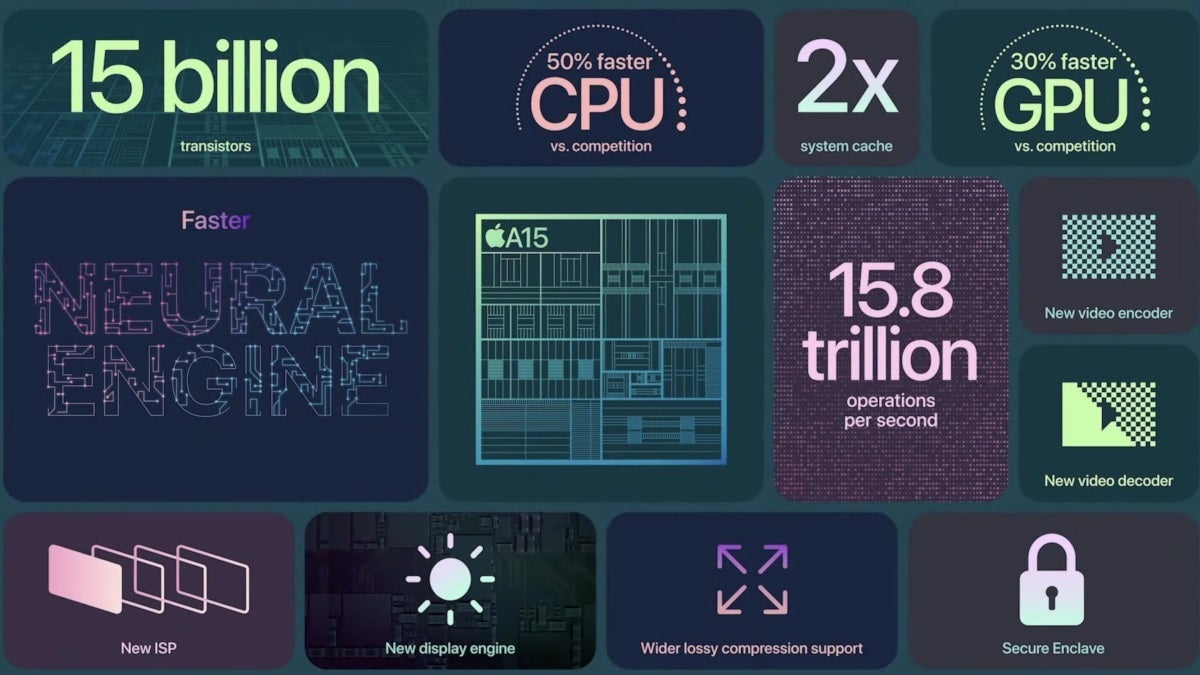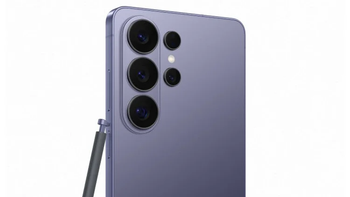TSMC might ship 3nm chips in time for 5G iPhone 14 series

Back in August, TSMC gave us some bad news. Due to the complexity of advancing to the next major process node, 3nm, TSMC was delaying production until 2023. As a result, Apple would not be able to use 3nm chips for the A16 Bionic chipset and the iPhone 14 line.
In simple terms, the lower the process node, the more transistors fit inside a chip. And the more transistors inside a chip, the more powerful and energy-efficient that component is. At first, it appeared that with 3nm delayed, TSMC would produce the A16 Bionic using its 4nm node.
TSMC still might be able to deliver a 3nm A16 Bionic chip in time for the iPhone 14 line
However, the most recent report said that Apple and TSMC would stick to 5nm for the third consecutive year (A13 Bionic, A14 Bionic, and A15 Bionic). If this takes place, it would be the first time in the history of the iPhone that the device was powered by a chip manufactured using the same process node for three straight years.

The AA15 Bionic was manufactured using TSMC's enhanced 5nm process node
Digitimes reports (via WCCFtech) that the world's largest independent foundry plans on shipping chips made using an enhanced version of 5nm called N4P. The first tape-outs (which is when a chip's design process comes to an end, and the manufacturing begins) are scheduled for the second half of 2022, so it isn't clear exactly what TSMC and Apple have in mind for the A16 Bionic.
The new reports call for TSMC to commence volume production of 3nm chips during the second half of 2022. That would allow the A16 Bionic to use the 3nm process node. But the entire picture is murky right now with volume production of 3nm possibly not occurring until the second half of 2023.
Apple is TSMC's largest customer and reportedly already agreed to receive some of the first batches of 3nm chips to roll off of TSMC's assembly line. As it did when it started mass production at the 5nm node in April 2020, the foundry will have to determine which of its customers get first crack at receiving the cutting-edge chipsets. Apple is sure to be among the first to get them.
This past March, Apple and TSMC discussed 2nm chips including site preparation and R&D. Of course, any delay on 3nm production could have future ramifications when it comes to the 2nm roadmap.
This has been a tough year for the global chip industry thanks to a worldwide shortage
This has been a tough year for the global semiconductor industry as a worldwide shortage has impacted foundries around the world. The problem does relate to the pandemic as automobile manufacturers expected sluggish demand for new vehicles while the virus was raging. But surprisingly strong demand for new cars ended up leaving automakers short of the chips that have become so important to the production of new cars.
Starting to panic, the manufacturers ordered large numbers of new chips essentially buying all of the components that they could get their hands on. As a result, tech firms found themselves int he unwanted positioned of scrambling for chips. Even Apple, which has an enviable relationship with TSMC, said that the chip shortage has it $6 billion in revenue.
Apple even reportedly decided to cut iPad production in half so that it would have more components to use for the iPhone. For example, the recently released iPad mini 6 uses the same A15 Bionic chipset as the iPhone 13 series does. Cutting back on production of the 8.3-inch slate will open up more A15 Bionic inventory that Apple can use on any one of the four iPhone 13 models available.
Next year, Apple is expected to offer the 6.1-inch iPhone 14, the 6.7-inch iPhone 14 Max, the 6.1-inch iPhone 14 Pro and the 6.7-inch iPhone 14 Pro Max.
Follow us on Google News













Things that are NOT allowed:
To help keep our community safe and free from spam, we apply temporary limits to newly created accounts: